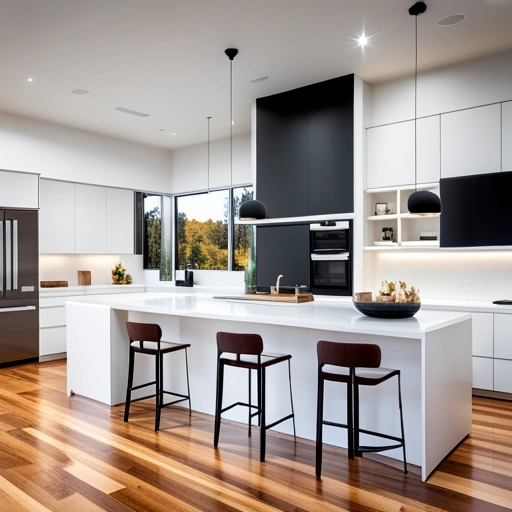
Get in touch
Whether you are buying, selling, or have any questions about the market, we are here to provide you with expert guidance and personalized service. Reach out to us today, and let’s start the conversation!
Alex Lehauli
- 801-891-9436
- Alex@AlexLehauliGroup.com
- 5965 S 900 E #400, Salt Lake City, UT 84121






